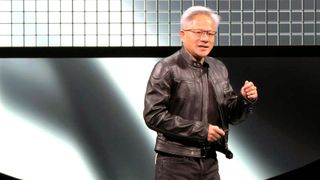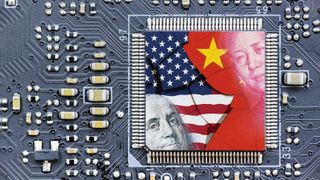Chip War
The new Cold War » China's Big Fund | The CHIPS Act | America's fab renaissance | Roots of the conflict | The impact in 2023 | The impact in 2022
Semiconductors power everything from PCs and data centers to cars, lightbulbs, and refrigerators. Control over their manufacture means control over billions of dollars and the world economy -- and the US, China, Taiwan, and others are waging a geopolitical battle for exactly that. Welcome to the chip war.

Major moments
Dec. 2, 2024: The DOC ratcheted up sanctions to curtail China's AI and military tech, this time entirely blocking shipments of HBM memory to China.
May 8, 2024: The U.S. government has withdrawn select export licenses from Intel and Qualcomm, effectively preventing them from supplying processors to Huawei.
Mar. 9, 2024: China is assembling the third phase of its Big Fund investment in semiconductor projects, a $27 billion investment to counter U.S. sanctions.
Jan. 27, 2024: The DOC introduced a proposal to prevent foreign entities, particularly from China, from using U.S. cloud computing for AI model training, a new level to the conflict.
Nov. 02, 2023: The Nvidia RTX 4090 -- The fastest gaming GPU -- will no longer be available for export to China starting Nov. 17.
Read More ▼
Oct. 24, 2023: The DOC sped up the implementation of its latest export curbs, immediately blocking Nvidia from shipping A100, A800, H100, H800, and L40S GPUs to China.
Oct. 7, 2023: Senators Marco Rubio and Mark Warner demand a limit to China's access to American RISC-V innovations.
Aug. 10, 2023: President Joe Biden signed an executive order restricting U.S. investments in Chinese tech sectors, including AI, semiconductors, and quantum computing.
Aug. 01, 2022: The U.S. extended its ban on chipmaking equipment produced by domestic firms that are sold to Chinese companies.
Dec. 18, 2020: The DOC blacklisted SMIC along with 60 other Chinese companies citing ties with the Chinese People's Liberation Army.
Latest about chip war

China calls Taiwan reunification "unstoppable," as military drills proceed
By Bruno Ferreira published
China calls Taiwan reunification "unstoppable" as military drills proceed.

Nvidia decries 'far-fetched' reports of smuggling in face of DeepSeek training reports
By Sunny Grimm published
DeepSeek's next priorities for training future LLM generations conveniently line up with Blackwell's biggest strengths.

China tweets satellite photos of Taiwan's critical Hsinchu chip hub in pressure-ratcheting political stunt
By Luke James published
On Friday night, China’s embassy in Washington posted a familiar message to X: “There is but one China in the world.”
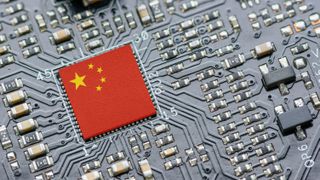
China releases "UBIOS" standard to replace UEFI
By Sunny Grimm published
Support for chiplets, heterogeneous computing, and a step away from U.S.-based standards are key features of China's BIOS replacement.
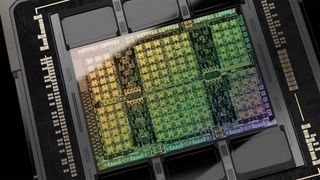
China Tells Tech Giants to Halt Nvidia H20 Orders After U.S. Official’s ‘Addiction’ Remark
By Jowi Morales published
Sec. Lutnick’s remarks drew the ire of Chinese leaders who could have potentially drawn on historical parallels.

South Korea says there are no plans for the U.S. to acquire Samsung shares
By Jowi Morales published
The Blue House is denying that the U.S. government wants to buy a stake in its crown jewel.
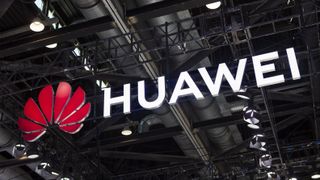
Huawei releases new tool to get Chinese firms around crushing HBM export blacklist
By Sunny Grimm published
Huawei's attempt to free China's tech market from relying on HBM may be a big swing towards Chinese tech independence

White House crypto and AI adviser warns China catching up to the U.S.
By Sunny Grimm published
Overly tight hardware export controls have helped Huawei, China pull within two years of U.S. chip design
Get Tom's Hardware's best news and in-depth reviews, straight to your inbox.
